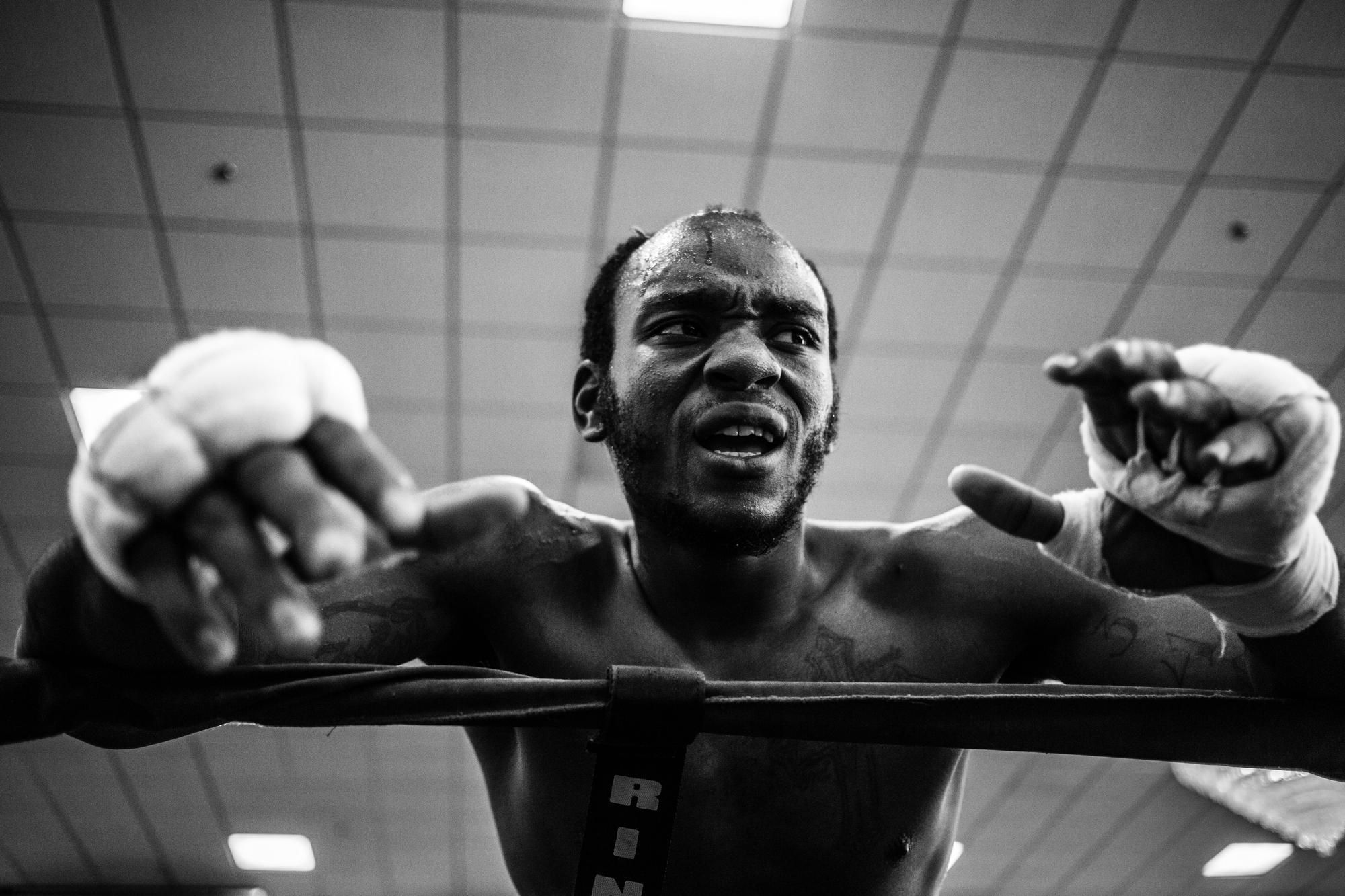Fighting Pain Without the Pills: Alternatives to Opioids in MMA
Step inside any MMA gym, and you’ll hear the same stories: broken ribs taped up, sparring sessions on tender knees, and training camps built on gritted teeth. Pain is part of the deal. But how fighters manage that pain has become one of the sport’s most pressing health debates. For years, opioids were the fast fix. Today, with addiction concerns front and center, athletes and coaches are searching for better options.
When the Script Runs Out
The opioid crisis in the United States has shaken every corner of athletics, and combat sports haven’t been immune. Fighters often leave the doctor’s office with a bottle of painkillers after surgery or injury, only to face the risk of dependence. Former champions have spoken out about the dangers—addiction doesn’t care about fame, belts, or legacy. The conversation has shifted toward prevention and sustainability rather than quick chemical solutions.
Green Gloves in the Corner
Cannabis, particularly CBD, has become one of the most visible alternatives. Nate Diaz famously puffed a CBD vape during a post-fight press conference, sparking global attention. Fighters point to benefits ranging from reduced inflammation to improved sleep cycles—critical in recovery between grueling training sessions. THC products are still a gray area depending on athletic commissions, but the stigma is dropping as science highlights potential therapeutic uses. For many, cannabis represents a safer, natural counterpunch to opioids.
Shots That Heal, Not Mask
The rise of regenerative therapies has also caught the eye of MMA athletes. Platelet-rich plasma (PRP) injections, stem cell treatments, and shockwave therapy are no longer fringe. Fighters with chronic knee or shoulder injuries are turning to these approaches not just to numb pain but to repair tissue. While expensive, they offer something opioids never could: a chance at long-term healing.
Ice, Sweat, and Science
Beyond medicine, the smartest fighters are leaning into structured recovery protocols. Cryotherapy chambers, ice baths, and mobility work are now staples at the UFC Performance Institute. Nutrition plays its role as well—fighters are learning that anti-inflammatory foods can reduce pain naturally, from omega-rich fish to turmeric supplements. The message is clear: pain management is no longer just about what you take, but how you train and recover.
The Mental Clinch
Psychological tools have entered the arsenal too. Meditation, breathwork, and mindfulness practices have proven to lower stress hormones and increase pain tolerance. Athletes like Rose Namajunas have credited mental training with helping them endure not just the fight, but the grind of preparation and injury recovery. For fighters constantly balancing mental and physical stress, this holistic approach is proving invaluable.
Past the Final Bell
MMA may never be a pain-free sport, but it doesn’t have to be an opioid-dependent one. With cannabis, regenerative therapies, advanced recovery science, and mental training in the mix, fighters are finding smarter ways to handle the punishment of their craft. The future of the fight game isn’t about masking pain—it’s about managing it with intelligence, discipline, and a wider playbook than ever before.
Blog Read: Edibles, Oils, or Topicals: Which Recovery Method Works Best for Fighters?

